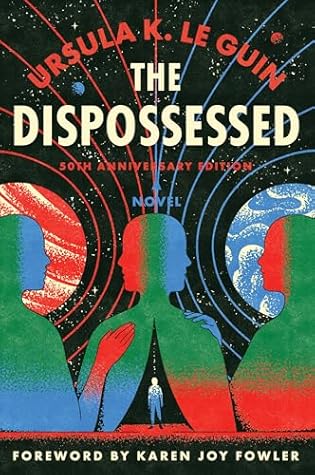More on this book
Community
Kindle Notes & Highlights
They think if people can possess enough things they will be content to live in prison.
A person likes to do what he is good at doing.
As if deserving meant anything. As if one could earn beauty, or life! He tried to think of nothing at all, to let himself be borne forward and to watch the sunlight in the gentle sky and the little sheep bouncing in the fields of spring.
Did the money buy the politeness, as well as the postcards and the map? How polite would the shopkeeper have been if he had come in as an Anarresti came in to a goods depository: to take what he wanted, nod to the registrar, and walk out?
Shevek stood there amidst the cases of pretty little luxuries, tall, heavy, dreamy, like the heavy animals in their pens, the rams and bulls stupefied by the yearning warmth of spring.
“Why do you people cling to your shame?” he said. “But it’s all just history. Things like that couldn’t happen now!”
He was afraid of Pae, of Oiie, and of a police search party. Everything he had heard, read, half-understood about the Urrasti police, the secret police, came vivid and terrible into his memory, as when a man admitting his illness to himself recalls every word he ever read about cancer.
You cannot take what you have not given, and you must give yourself. You cannot buy the Revolution. You cannot make the Revolution. You can only be the Revolution. It is in your spirit, or it is nowhere.”
Before they broke orbit, the view ports were filled with the cloudy turquoise of Urras, immense and beautiful. But the ship turned, and the stars came into sight, and Anarres among them like a round bright rock: moving yet not moving, thrown by what hand, timelessly circling, creating time.
“I will lie down to sleep on Anarres tonight,” he thought. “I will lie down beside Takver. I wish I’d brought the picture, the baby sheep, to give Pilun.” But he had not brought anything. His hands were empty, as they had always been.


